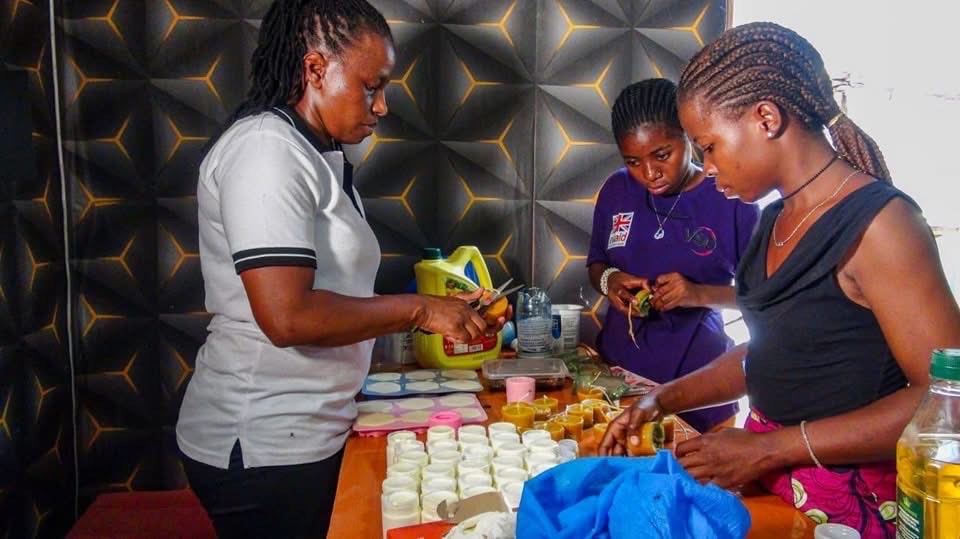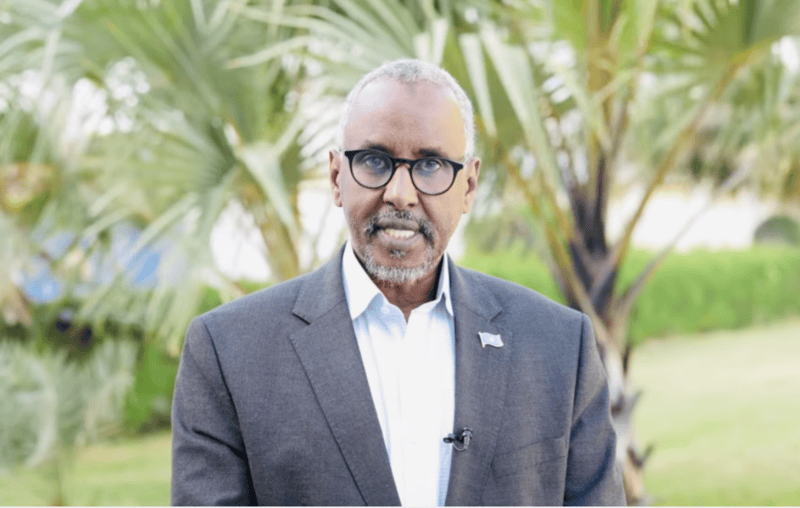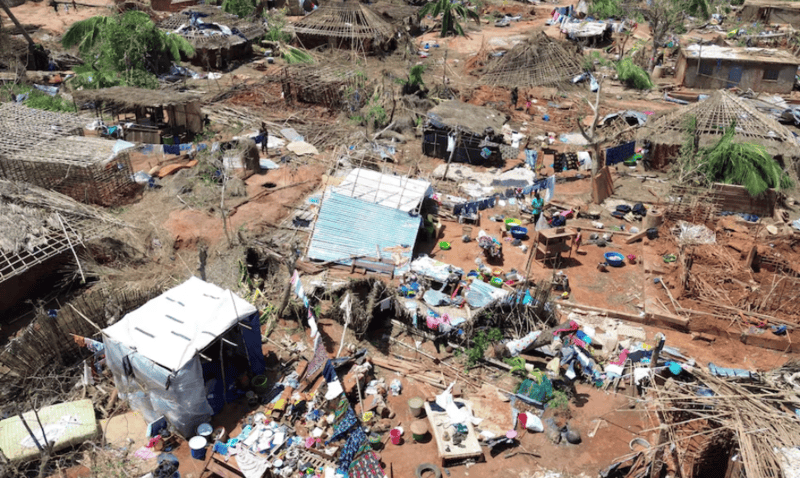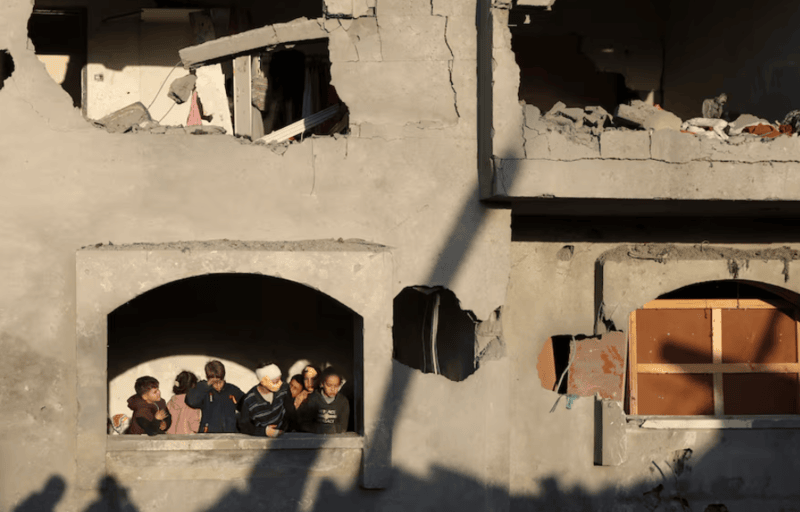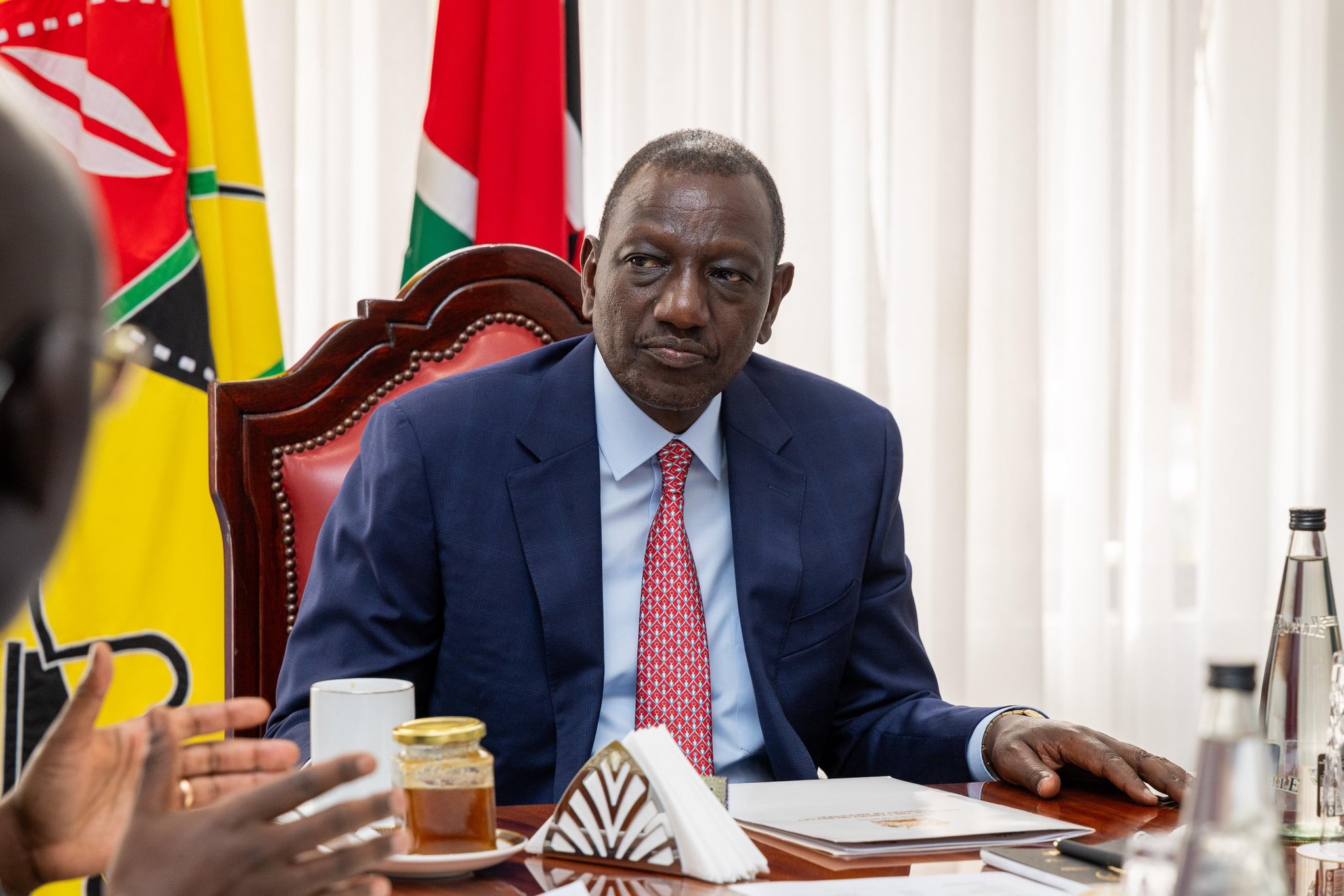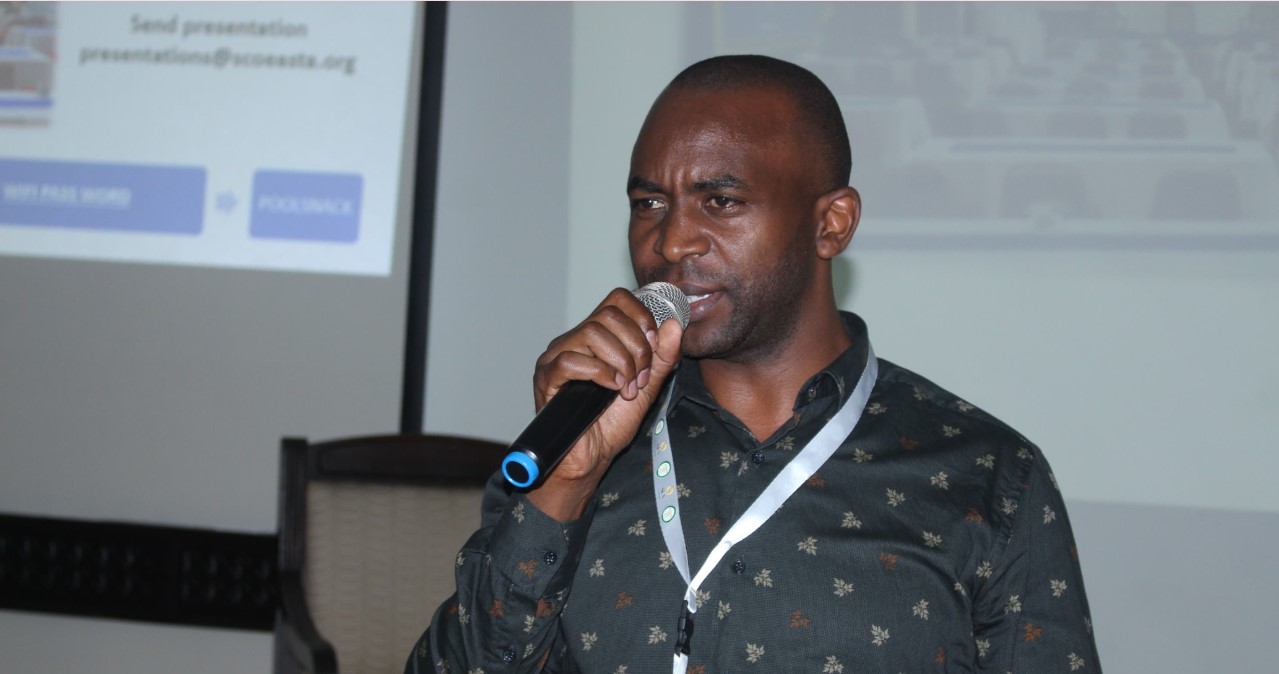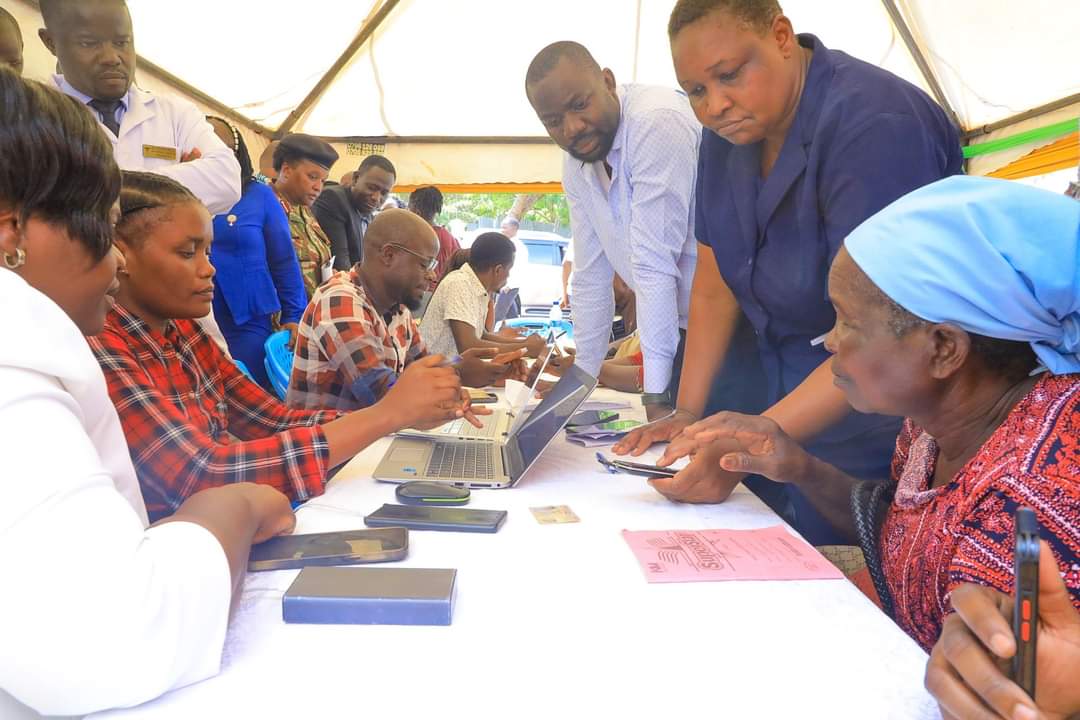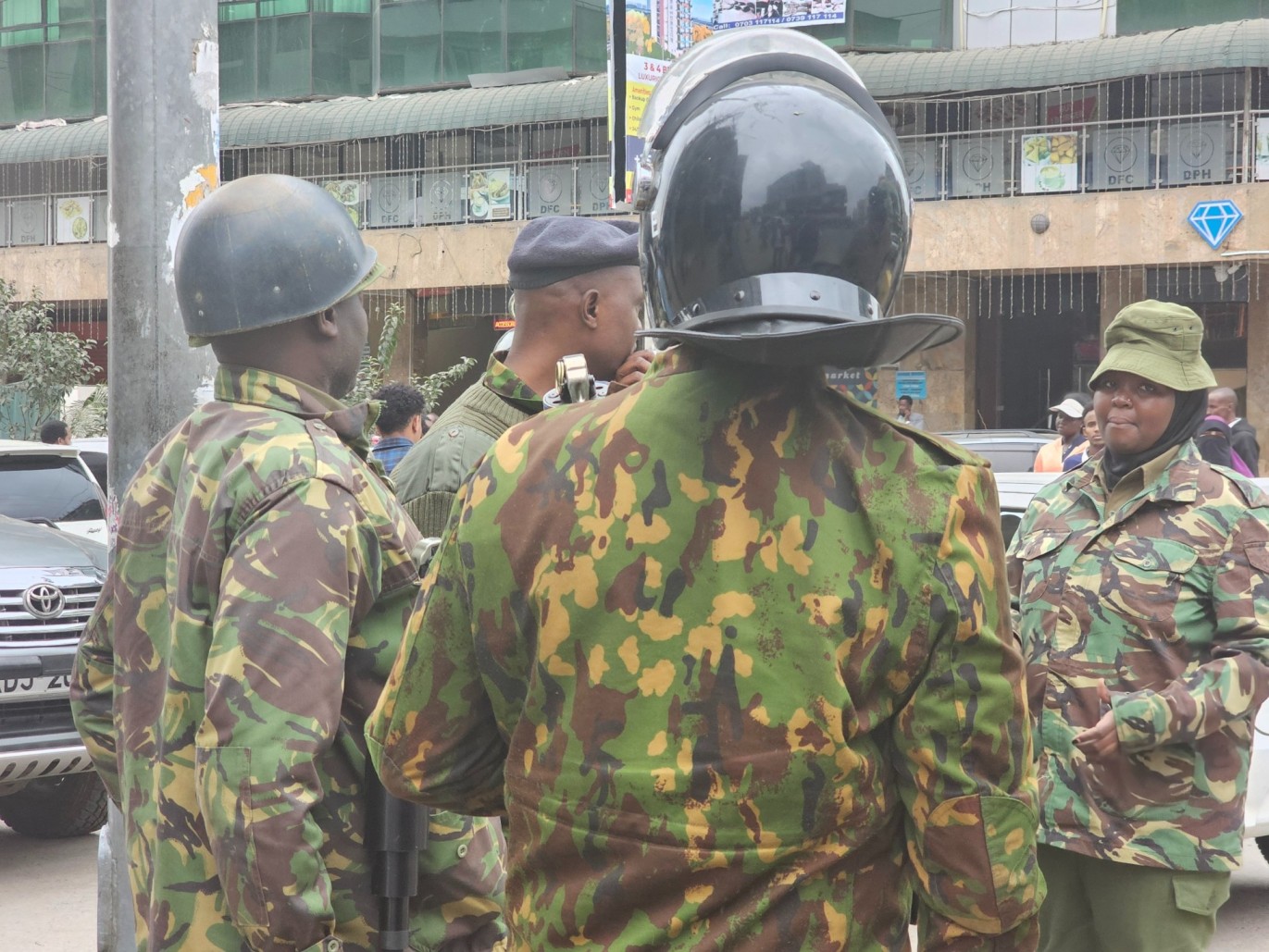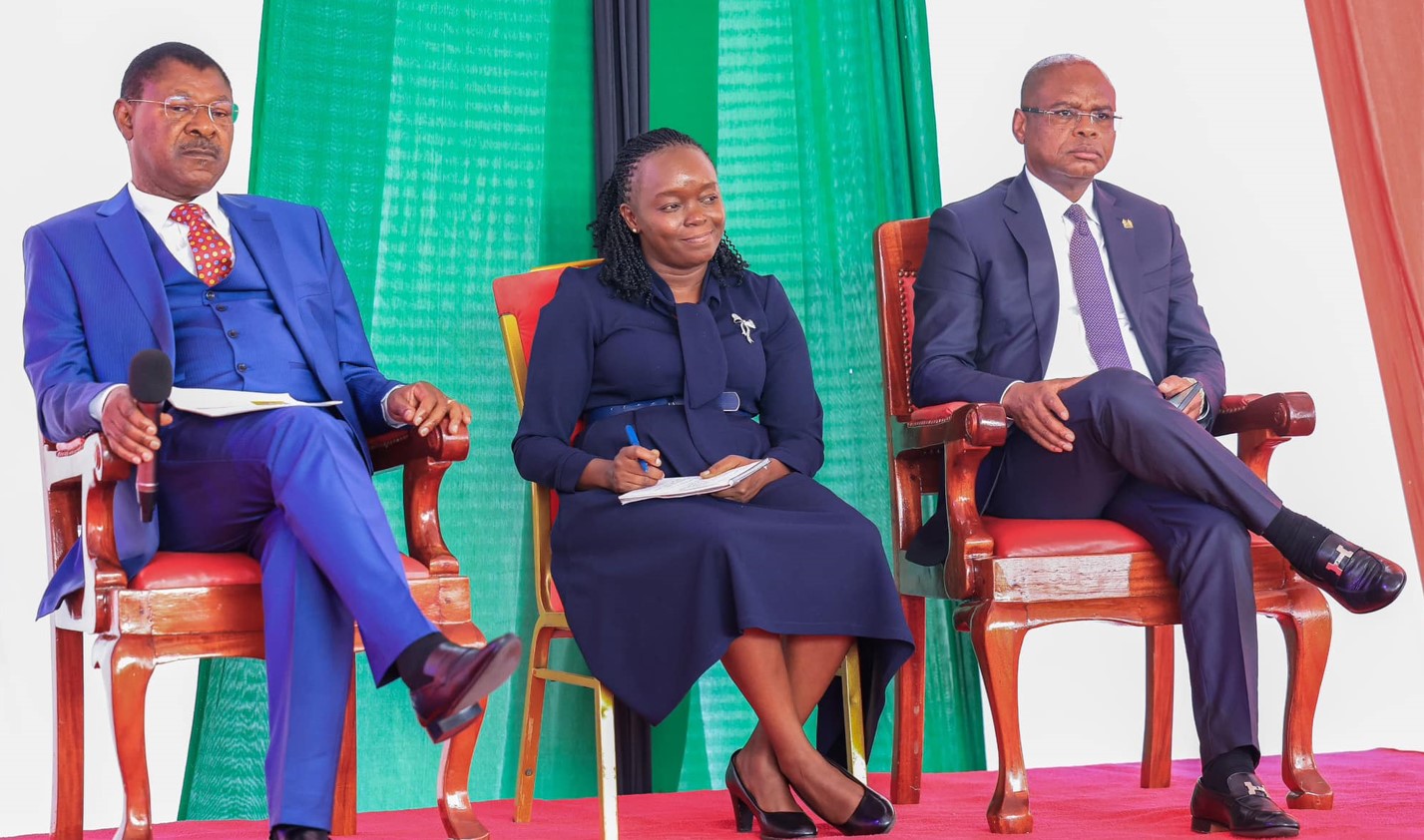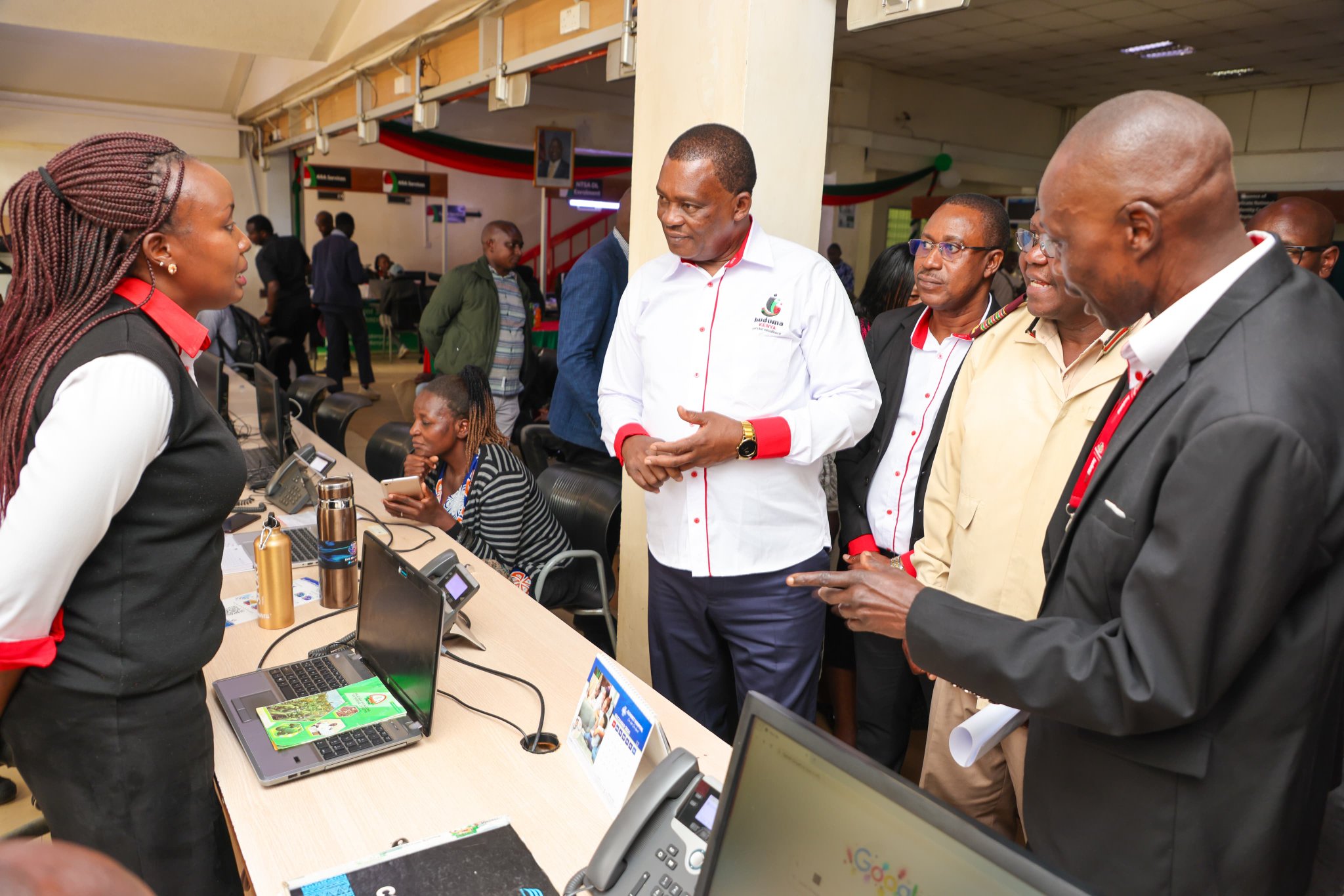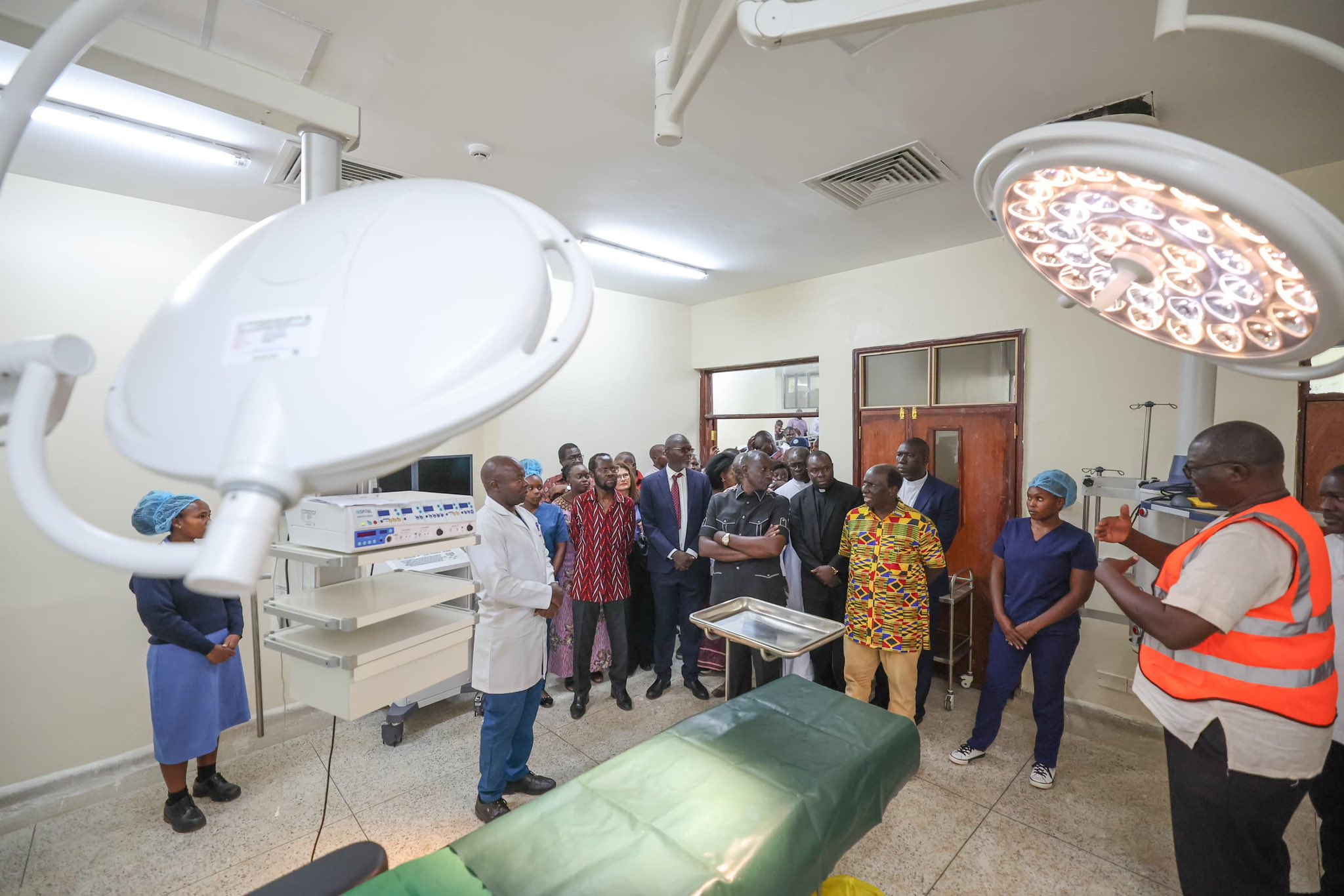Relief for informal sector workers as Health Ministry okays monthly SHA remittances
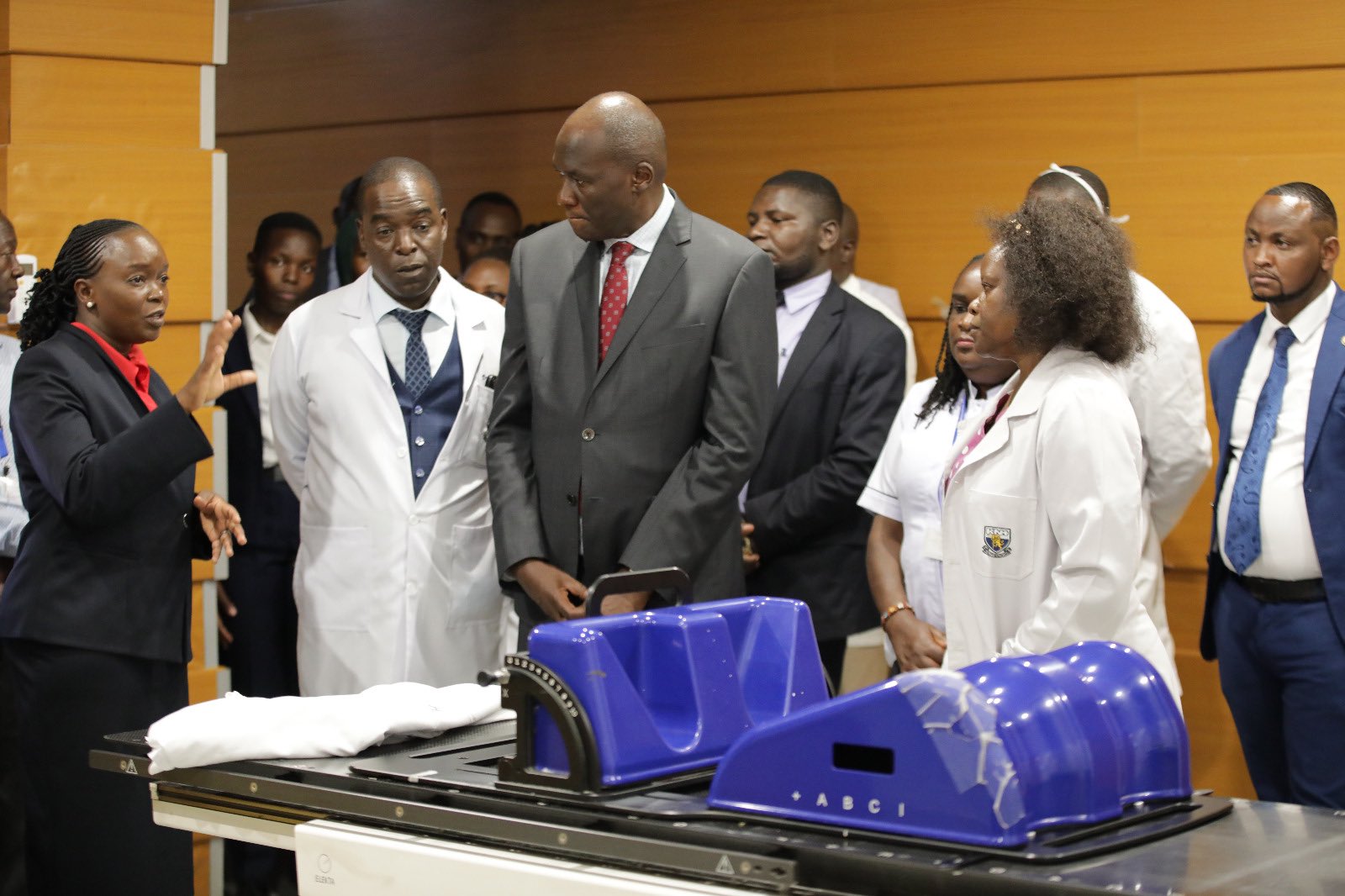
By Charity Kilei |
The change addresses a major barrier faced during the initial SHIF rollout, which required an upfront annual payment that many in the informal sector struggled to afford.
In a significant move to enhance healthcare access for millions in the informal sector, the Ministry of Health has introduced a new reform under the Social Health Insurance Fund (SHIF), enabling individuals to pay their healthcare premiums in manageable monthly instalments.
The change addresses a major barrier faced during the initial SHIF rollout, which required an upfront annual payment that many in the informal sector struggled to afford.
Keep reading
- Hospitals seek detailed breakdown of SHIF payments amid ongoing delays
- Private hospitals to accept cash-only payments for medical services over Sh29bn govt debt
- State clarifies SHA benefits, tariffs for critical care services
- SHA technical hitches hindering hospital operations, patient services, says Rupha report
The Social Health Insurance Fund replaces the decades-old National Health Insurance Fund (NHIF), which was rolled out in October.
Samson Kuhora, head of the Social Health Authority, explained that the new monthly remittance option was implemented in response to widespread feedback.
"This initiative serves as a stop-gap solution after we realised that some people in the informal sector could not afford to remit an annual premium all at once," he stated.
To further enhance accessibility, the ministry has also implemented a means-testing system that determines contributions based on household income, allowing individuals to appeal if they believe their assessed premium is inaccurate.
"The 2.75 per cent contribution was introduced to ensure equity, particularly for those in the informal sector who were previously left out," he noted.
Additionally, the government is working to ensure that marginalised groups, such as teen mothers and individuals with mental health issues, have their premiums covered by the state.
Equipping health facilities
Health Cabinet Secretary Deborah Barasa at the same time announced that by December, primary healthcare facilities at levels two and three will be stocked with essential medicines, enabling citizens to access treatment close to home.
"Primary facilities are often the first point of contact for patients, and we're committed to equipping them with the resources needed to provide quality care," Barasa said.
The ministry's focus on primary healthcare facilities reflects its vision of making universal health coverage (UHC) a reality for all, especially underserved communities. While primary care will be available upon registration, individuals must remit their contributions to access more specialised secondary treatments.
She reiterated the ministry's determination to address any challenges encountered during SHIF's initial stages. "Our goal is clear: no one should be left behind in accessing quality healthcare," she stated, reinforcing the government's commitment to building an equitable health system.
The policy change marks a vital step forward, promising increased access to healthcare and greater security for Kenya's informal sector workers.
Reader comments
Follow Us and Stay Connected!
We'd love for you to join our community and stay updated with our latest stories and updates. Follow us on our social media channels and be part of the conversation!
Let's stay connected and keep the dialogue going!

